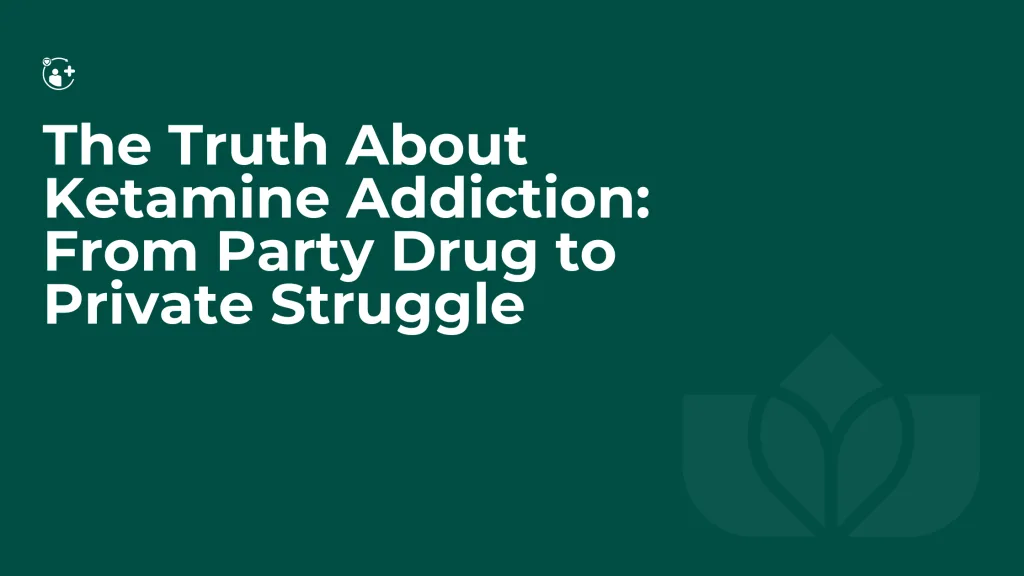
Ketamine was once known primarily as an anaesthetic, then later as a club drug. Today, its reputation continues to evolve – but so do the risks. At TLC, we’ve seen first-hand how ketamine addiction can quietly develop and leave individuals feeling lost, isolated and physically unwell.
Our mission is to help people break free from addiction with compassion, clinical support and a truly personalised approach to healing. If you or someone you love is struggling with ketamine, this guide can help you better understand what’s happening and how recovery is possible.
Ketamine is a dissociative anaesthetic, originally developed for use in hospitals. It is now also used recreationally, typically in nightlife settings, due to its hallucinogenic effects and ability to create a sense of detachment from pain, reality or emotion.
While some people think ketamine is a “safer” alternative to other drugs, this belief is not only misleading but dangerous. Ketamine addiction can develop rapidly, particularly when people use the drug to escape trauma, anxiety, stress or depression.
The more frequently ketamine is used, the greater the risk of physical and psychological dependence.
Spotting ketamine addiction early is crucial to preventing long-term harm. The signs may include:
Many users start to feel that they can only function socially, emotionally or creatively when under the influence – a dangerous and unsustainable pattern.
One of the most severe consequences of ketamine use is bladder and urinary tract damage. Some individuals develop “ketamine bladder,” which causes pain, incontinence and long-term tissue damage.
Other physical effects can include:
For individuals who believed ketamine was harmless or recreational, these symptoms can be frightening and difficult to discuss.
Psychologically, ketamine addiction often leads to emotional detachment. It becomes difficult to feel joy, sadness or connection. Some users report feeling like they are living behind glass – present but disconnected from the world and their loved ones.
Over time, ketamine may stop working as a coping tool, but the individual no longer knows how to manage life without it. This can lead to depression, isolation and a growing sense of hopelessness.
At TLC, we understand how heavy this can feel. That’s why our treatment focuses not only on removing the drug, but on rebuilding a life worth living.
TLC offers a non 12-step, highly personalised programme for people struggling with ketamine addiction. We provide safe medical detox where needed, but more importantly, we support people in uncovering the emotional and psychological reasons behind their drug use.
Key aspects of our care include:
We do not believe in a one-size-fits-all approach. Our programme is flexible, responsive and respectful of each person’s journey.
Absolutely. At TLC, we see clients rebuild confidence, restore their physical health and reconnect with life after ketamine. It is not always easy, but it is always worth it.
Many clients leave with a renewed sense of clarity, identity and purpose. They develop real tools for managing stress, emotion and connection – without needing to escape through substance use.
Our care continues beyond the residential stay, helping clients re-enter their lives with support, structure and confidence.
If you or someone you care about is experiencing ketamine addiction, you are not alone. Support is available and recovery is possible.
Call 020 3098 7007, email info@tlcrehab.co.uk or chat with us via WhatsApp Live Chat.
TLC Rehab – Truly Life Changing